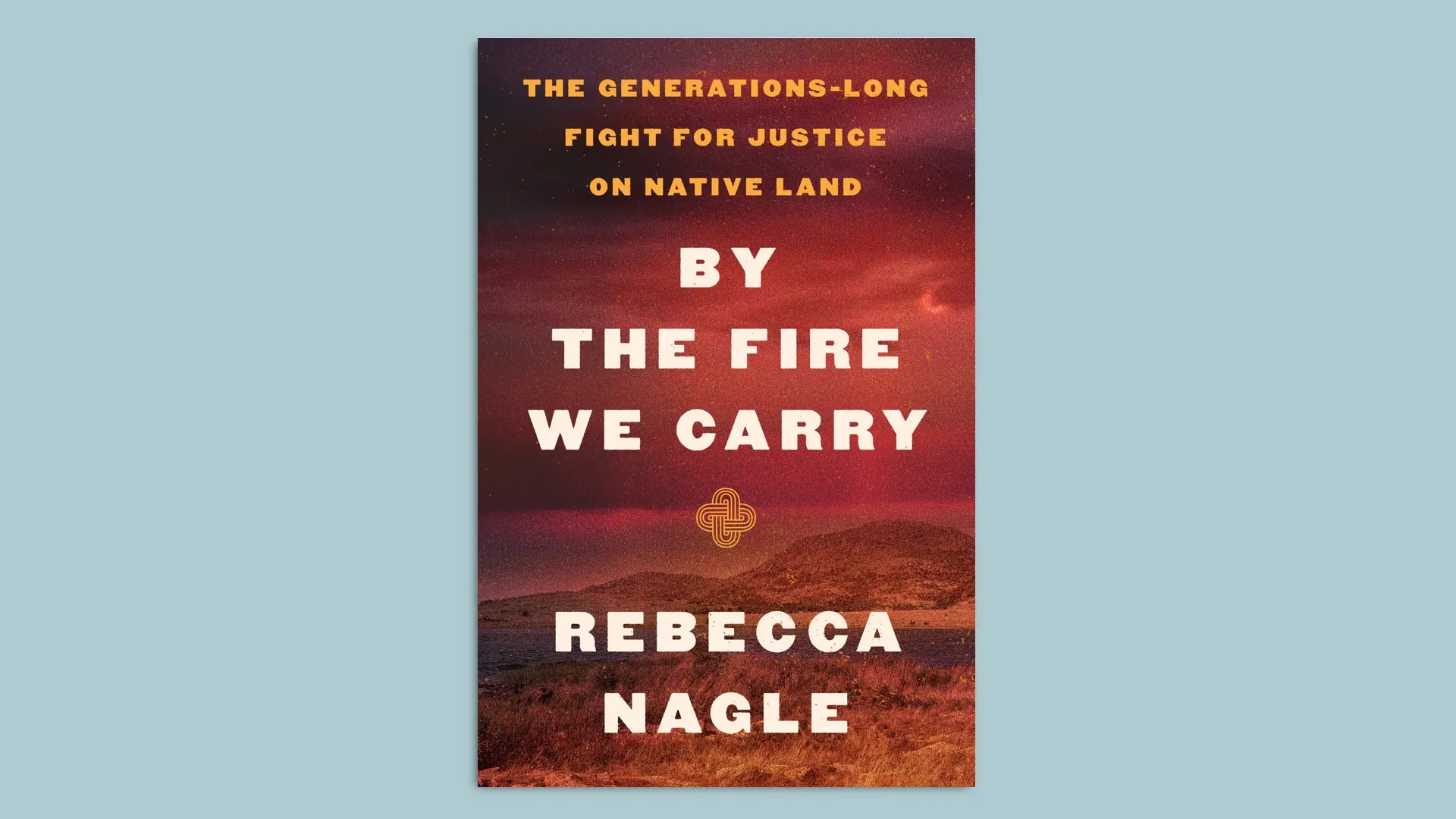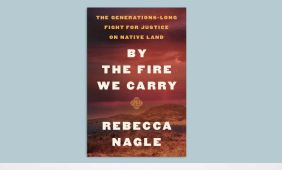In the summer of 2020, the Supreme Court came down with a stunning and historic ruling. It decided, 5-4, that the Muscogee Creek Nation’s reservation existed — meaning that it included more than 40% of the state of Oklahoma, including most of the city of Tulsa.
Why it matters: Many Americans would be forgiven for thinking reservations already existed, established by the forced removal of more than 100,000 Native Americans from their lands to relocate out west — a dark part of American history.

Reality check: But until 2020, the existence of tribal reservations was a legal gray area. In a new book, “By the Fire We Carry,” journalist Rebecca Nagle provides the fuller story of McGirt v. Oklahoma and the decades of legal injustice that led up to it.
- Through an unlikely pair of criminal cases against Native Americans, lawyers for the tribe argued that the state of Oklahoma didn’t have jurisdiction to prosecute them; only the tribe did.
Although the law says that only Congress could dissolve a reservation, the state of Oklahoma argued that the government had already taken away tribal lands or weakened tribal government — to the point that the reservation had been “destroyed,” despite the fact that tribal government continuously operated.
- The ruling prevented the state from prosecuting offenses — in the Muscogee (Creek) Nation and other tribes — that involved Native Americans on reservation lands.
- After the 2020 case, the dominoes fell — other tribes had their reservations affirmed by the courts.
Nagle’s book grounds readers in the fascinating case based on her experience as a meticulous reporter who launched the hit podcast “This Land.” She’s a member of the Cherokee Nation whose family story is woven directly through the spine of the tribe’s history.
- If the true story of “Killers of the Flower Moon” came as a shock of injustice, Nagle lays out how it was just one small chapter in a very long story.
Between the lines: For Americans who pride themselves on their rule of law and justice, it’s important to know the facts about how American laws and treaties between tribal nations and the U.S. government, as well as territory and state governments, have historically been ignored or rewritten when inconvenient.
- The ultimate such act was the 1832 case Worcester v. Georgia, in which the high court ruled that the states don’t have the right to regulate Cherokee Nation.
- But President Andrew Jackson refused to follow the court’s order. Neither Congress nor the court did anything about it.
- The result was the forced expulsion of the Cherokee Nation from their lands, known as the Trail of Tears.
The bottom line: “The lesson of McGirt,” Nagle writes, “is not that when the law is on our side and we fight hard, justice prevails. The lesson is that although justice for Indigenous nationals is rare, in our democracy, it is possible.”
Source: https://www.axios.com/2024/10/14/book-mcgirt-decision-indigenous-tribes




